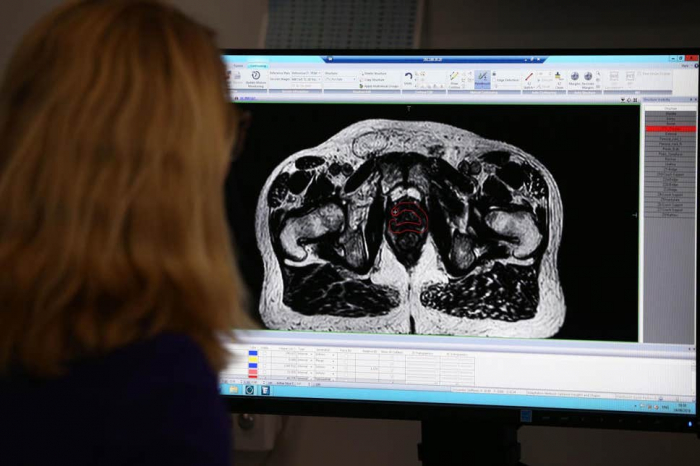A huge catalogue of the exact mutations that cancer causes to DNA in cells, painstakingly gathered by scientists around the world, is set to offer new understanding of how the disease develops and how it can be treated.
The Pan-Cancer Project, a collaboration of more than 1,300 scientists and clinicians from 37 countries, analysed more than 2,600 genomes of 38 different tumour types.
The research will allow scientists to search for previously unknown chemicals, biological processes and environmental agents responsible for causing cancer.
The paper, published today in the journal Nature alongside 22 other studies as part of the Pan-Cancer Project, will help clinicians understand the causes of cancer, inform future prevention strategies and help improve diagnosis and treatments.
The project represents an “unprecedented” international exploration of cancer genomes, which will significantly improve our fundamental understanding of cancer.
In the UK, someone is diagnosed with cancer every two minutes, with 363,000 new cancer cases every year. The disease causes around 165,000 deaths in the UK annually.
Cancer is caused by genetic changes – mutations – in the DNA of a cell, which then allows the cell to divide uncontrollably.
The work identifies the “mutational signatures” in damaged DNA, which have been likened to genetic fingerprints. Many known causes of cancer, such as UV light and tobacco smoking, leave specific mutational signatures in the DNA.
Past studies have not been large enough to identify all potential mutational signatures, but the new work has been described as mapping the interiors of continents and not just their coastlines.
Professor Mike Stratton, a senior author of the study and director of the Wellcome Sanger Institute, said: “Using our detailed catalogue of the range of mutational signatures in cancer DNA, researchers worldwide will now be able to investigate which chemicals or processes are linked to these signatures. This will increase our understanding of how cancer develops and discover new causes of cancer, helping to inform public health strategies to prevent cancer.”
Dr Ludmil Alexandrov, a first author of the study from the University of California San Diego, said: “We identified almost every publicly available cancer genome at the start of this project and analysed their whole genome sequences. The data from these thousands of cancers allowed us to describe mutational signatures in much more detail than ever before, and we are confident that we now know most of the signatures that exist.”
The global Pan-Cancer Project is the largest and most comprehensive study of whole cancer genomes yet. The collaboration has created a huge resource of primary cancer genomes, available to researchers worldwide to advance cancer research.
Dr Peter Campbell, of the Wellcome Sanger Institute and a member of the Pan-Cancer steering committee, said: “The entire Pan-Cancer work is helping to answer a long-standing medical difficulty – why two patients with what appears to be the same cancer can respond differently to the same drug.
“We show that the reasons for these different effects of treatment are written in the DNA. The genome of each patient’s cancer is unique, but there is a finite set of recurring patterns in the DNA, so with large enough studies we can identify all these patterns to optimise cancer diagnosis and treatment.”
As well as the Wellcome Sanger Institute, the work was carried out by institutions including Duke-NUS Medical School Singapore, the University of California San Diego School of Medicine, the Broad Institute of MIT and Harvard, and University Hospital Southampton (UHS) in the UK.
Professor Tim Underwood, a consultant gastrointestinal surgeon at UHS and professor of gastrointestinal surgery at the University of Southampton, said: “I am proud patients and clinicians from Southampton have played a part in this extremely important international study, which has provided insight into the DNA of cancers that we have never had before.”
Tim Dudderidge, a consultant urological surgeon at UHS, said: “Being involved in research like this is what makes me want to work at UHS.
“In this case, research involving more than 1,000 scientists and clinicians is providing the detail we will need to understand how each person’s cancer is different and needs different treatment. We are a step closer to individualised cancer therapy.”
The Independent
More about: cancer
















































